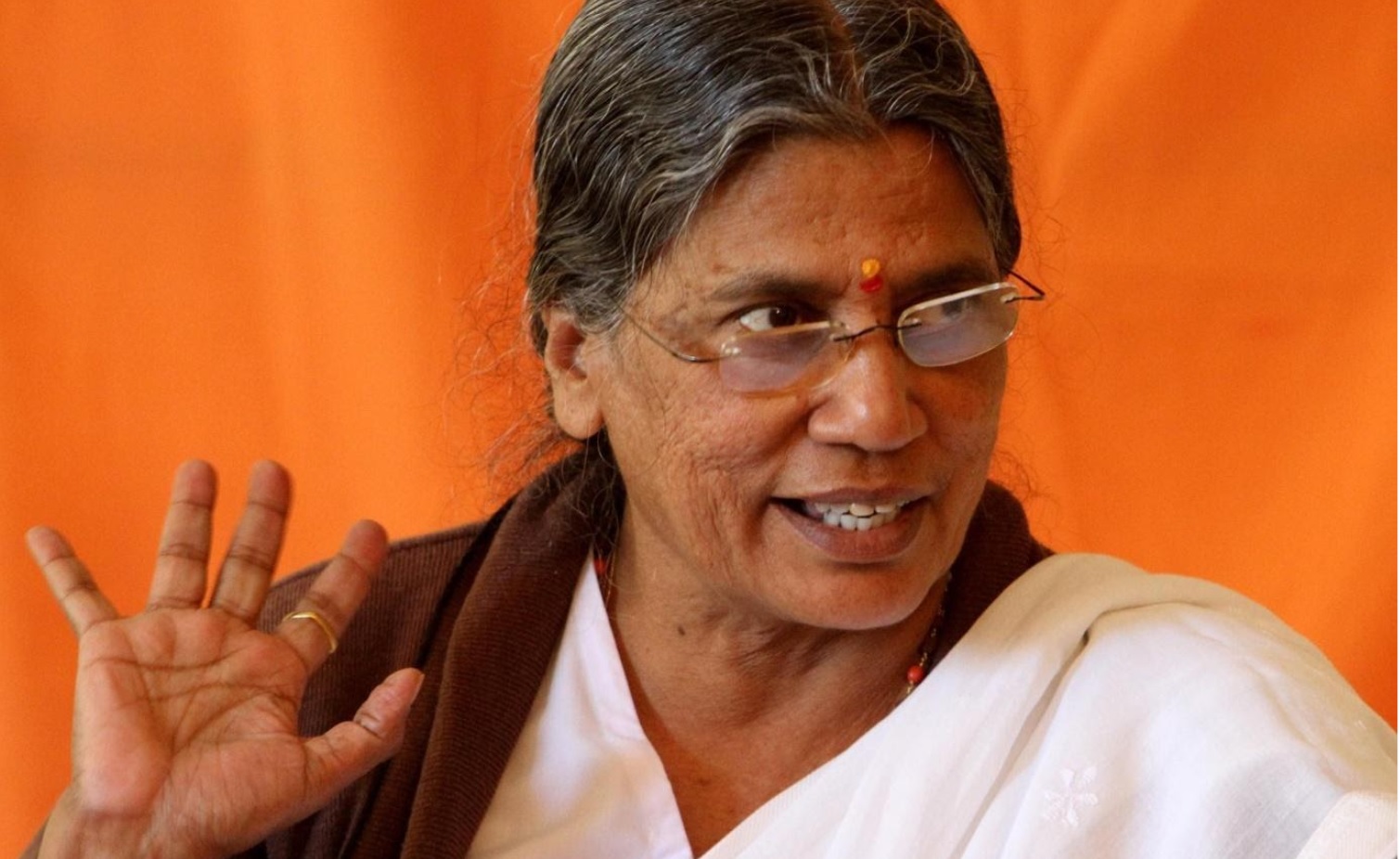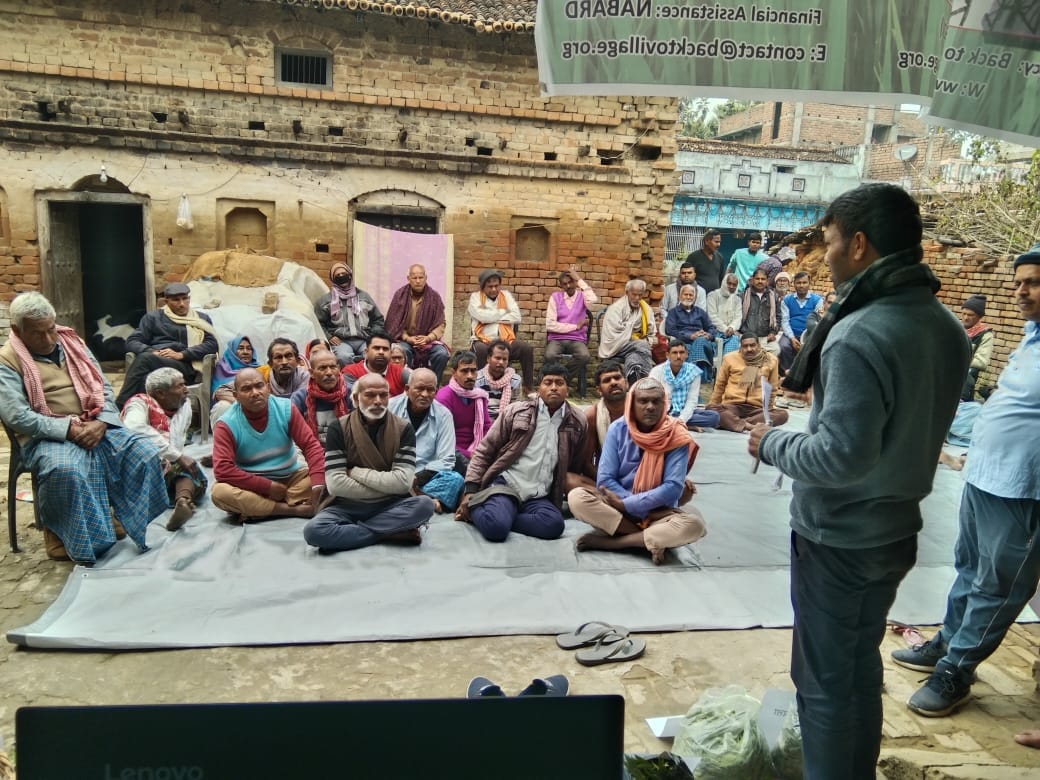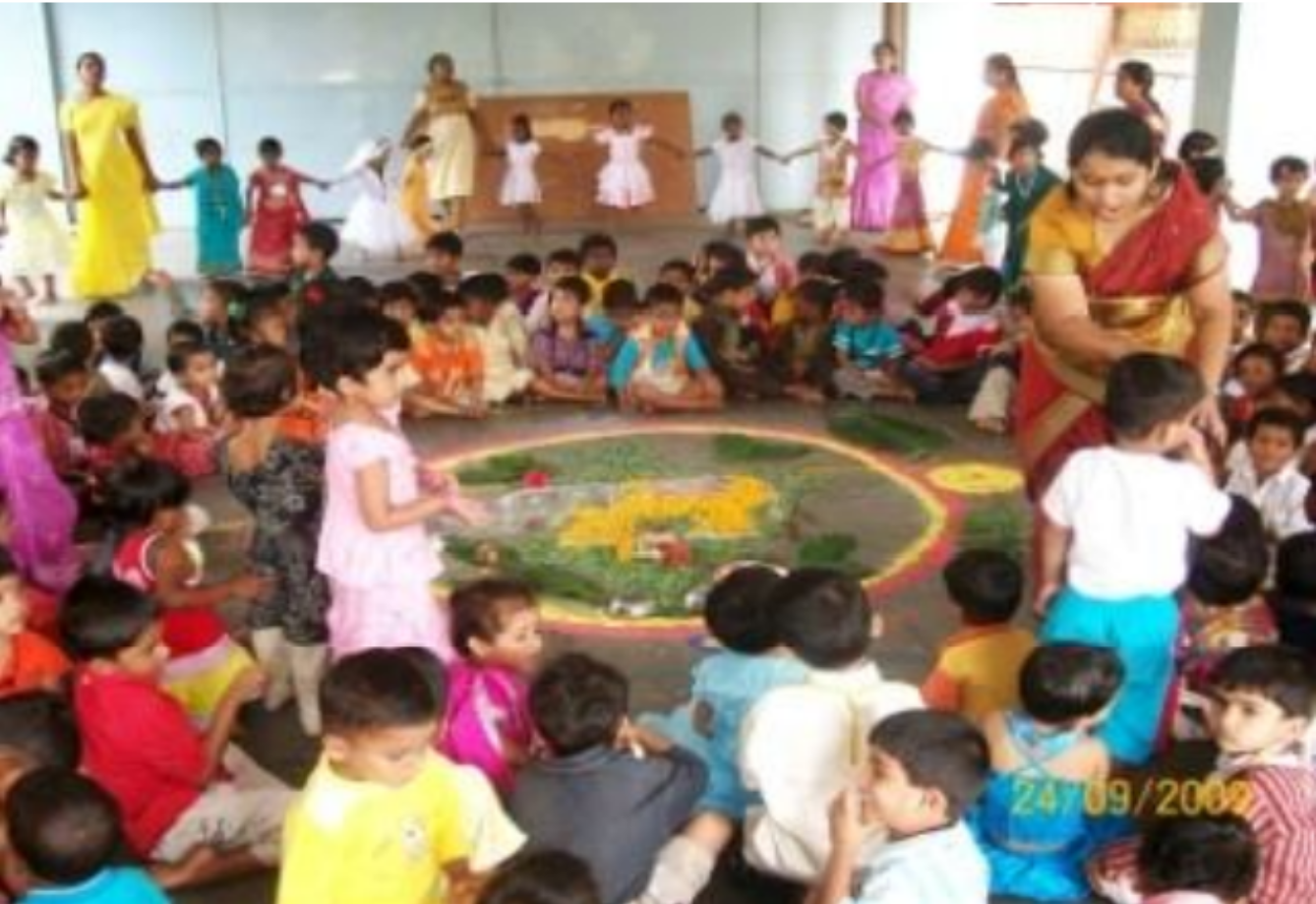We are yet to fully grasp and make sense of the first pandemic we have seen in our lives. Nevertheless, one thing stands more striking than ever: every day, countless health care workers enter a warzone at work; they don’t know if the virus will consume them, nor do they know if their families will stay safe. Despite such constant threat to their lives, the majority of doctors, nurses, and EMTs are working overtime to make sure their communities can heal. Most of these men and women have one thing in common: they genuinely care about people and hold true to their responsibilities over any selfish desires.
Before the pandemic, many of us may have thought of professions such as doctors or nurses merely as lucrative. The critical element of social service in the profession might not have been that striking if at times we were aware of it. However, the medical profession has been full of examples that exemplify the principle of service. Furthermore there are inspiring stories of value-based pursuit of medicine and how doctors have gone beyond their call of duty to bring about social change and alleviate suffering. We had an opportunity to study one such initiative, The ‘Dr. Babasaheb Ambedkar Vaidyakiya Pratishthan’ in Aurangabad India and interview its founder Dr. Anant Pandhare.
The ‘Dr. Babasaheb Ambedkar Vaidyakiya Pratishthan’ is an organization run by professional doctors who have dedicated their lives to serving the under-privileged denizens of Aurangabad. Collectively, the trust has provided affordable healthcare to over 6 million patients since 1989. At the nucleus of the organization, is the Dr. Hedgewar Hospital which has been operating since day one. In the past 30 years, the dedicated team behind the hospital has set the bar for societies across the world to learn how to manifest a self-sufficient health care system that equitizes essential resources to the underprivileged. The elements of their success provide an outline for leaders in the healthcare industry to follow and demonstrate how health care delivery can extend beyond patient care into the daily lives of people.
Sky-view of the Dr. Hedgewar Hospital
The Beginnings
Dr. Anant Pandhare, one of the dedicated doctors from the Dr. Hedgewar Hospital, amd his journey as a changemaker truly embodies the selfless spirit of a physician. His passion to become an orthopedic surgeon traces back to his high school days when his elder sister entered the medical profession; Dr. Pandhare admired his sister for the blessings, respect, and appreciation she received for serving patients in their community. Soon enough, he too developed a passion for medicine and pursued medical school. Although he originally began college as an engineering major, with perseverance and sadhana (the structured and consistent practice towards a goal), Dr. Pandhare carved his path in this new field. Dr. Pandhare tells us smilingly, as a young boy, an astrologer predicted that he would become a great surgeon. Years later Dr. Pandhare has not only served as an outstanding orthopedic surgeon but also as a medical director of the Dr. Hedgewar Hospital.
The Dr. Hedgewar Hospital was originally founded by Dr. Pandhare and his team of six visionary doctors who endeavored to establish a hospital that would treat patients irrespective of socioeconomic status and do it in a way that is affordable to them. Over 28 years, the hospital has grown to become a nicely coordinated infirmary in Aurangabad, Maharashtra, and has extended treatment to more than 6 million impoverished patients, of which 75% are poor villagers or slum dwellers.
As young doctors, Dr. Pandhare and his friends were stunned by the gruesome deficiencies of essential health care services for the poor. It was this that motivated them to start the project. They thought it was their responsibility to provide treatment and health care to the poor people of Maharashtra. The project began as a sole service project in a donor’s home and gradually metamorphosed into a multi-specialty hospital. The Dr. Hedgewar Hospital today is at par and by some standards superior to other hospitals in the region.
Dr. Pandhare, emphasized to us that the desire to pursue a career in the medical field should be purely passion-driven, not based on the pursuit of money. Following this philosophy, Dr. Pandhare and his team find joy in their full-time work and don’t pay heed to their earnings. The motivation for Dr. Hedgewar hospital was based on the values of the Rashtriya Swayamsevak Sangh (RSS) a grassroot service organization which Dr. Hedgewar founded in 1925. Before the establishment of the hospital, RSS used to conduct meetings with medical students to discuss the importance of social service and how doctors could play an important role in alleviating suffering in the society. Among the audience in one of these gatherings was Dr. Pandhare. He was faced with two life-changing questions, “How can I make an impact on the society as a doctor?” “How can I align my life towards it?” He was among the eight students who were able to answer their life’s calling. These eight would become instrumental in the creation of the Dr. Hedgewar Hospital. Dr. Pandhare characterized the role of RSS as “the role the parents have in guiding grown-up children. Parents treat their children like friends and have a firm belief that they will walk in the right path”. RSS plays neither a financial nor administrative role, rather it serves as a mentor inspiring and guiding important decisions in life. Dr. Pandhare told us that RSS played a very important role in “keeping his team level headed and value-based” all through its growth.
The ‘Sevavritis’ – volunteers with vow to serve
Another pool of stakeholders within the Dr. Hedgewar Hospital known as sevavratis, have served as catalysts in the hospital’s outreach to people in Aurangabad. The Dr. Hedgewar Hospital has created such a strong reputation in Aurangabad, that they have been able to motivate over 100 senior citizens to commit to daily volunteer service. Dr. Pandhare describes these volunteers as, “individuals, mostly consisting of senior citizens, with a heart to contribute to the hospital by way of their time, expertise, and their lives.”
What started as a small experiment has evolved over the years to become the lifeline of the hospital. Bridging the gap between doctors and patients has ensured a greater sense of efficiency and volunteerism in the organization. Better known as sevavratis, these volunteers actively participate in every aspect of the hospital, from the front desk to the outpatient department; they guide rural patients by counseling their families about the patient’s medical diagnosis, and even serve home-cooked food to the patients to reduce costs. Moreover, the sevavratis serve as patients’ emotional support by providing a shoulder to lean on and hands to hold during times of distress. With honor and without compensation, these men and women provide services to the Dr. Hedgewar Hospital that a staff member could only imagine; their critical role is the factor that differentiates the Dr. Hedgewar Hospital from any commercial or government hospital.
Due to the commitment of the sevavratis, the hospital inadvertently has a significantly larger outreach; each sevavrati serves as a brand ambassador who embodies the hospital’s values to incoming patients. The patients who are emotionally and physically healed from the hospital then go to their villages spreading the word. Soon enough, the effect of the medical treatments doctors deliver is amplified through a series of interactions. The culmination of such promotional outreach is observed through the daily surge of admitted patients and the Dr. Hedgewar Hospital operating at primarily maximum occupancy. All in all, the hospital excels in this spirit of exceptional volunteerism which has led to many younger sevavratis also joining the wonderful team.
Hospital staff and sevavratis
Having a family like bond with patients
Dr. Pandhare has observed the progression of the hospital from day one as a member of the board of trustees. In his experience as both a surgeon and an administrator, he has always emphasized the importance of communication with his patients. He believes that winning the trust of any patient is most important, regardless of the patient’s social and monetary standing. Furthermore, when doctors propose procedures in a calming, compassionate tone, the patients are reassured. If the same patient wants an overview of what his or her treatment will encompass, the doctor may collaborate with a sevavrati to translate medical terminology into a simpler form. Such interactions as described by Dr. Pandhare demonstrate how patient care extends beyond just the actual treatment; patients are respected as family members who are holistically taken care of. Over time, the same patients whose lives were once treated become stakeholders of the Dr. Hedgewar Hospital either by philanthropy or by becoming a sevavrati.
Affordable healthcare
What makes the Hedgewar hospital’s system unique is the extremely affordable cost structure that addresses the patient’s ability to pay for the medical expenses. Dr. Pandhare told us that approximately 10% of patients are treated completely free, 50-60% of patients pay just enough to recover costs, 10-15% of patients have a government-sponsored health care payment. Only 10-15% who are admitted to private rooms, pay 20% above the cost price. The Dr. Hedgewar Hospital only generates revenue from a small percentage of patients, while a majority of patients can pay reduced costs. Additionally, patients are first informed of a projected net cost of treatment followed by a daily update of their cost progression. Knowledge of the cost progression and the ability to pay 95% of costs after treatment allows patients to feel at ease upon admittance; families can focus on taking care of the ill rather than scrambling to earn money for an upfront payment. Only a 5% deposit to reserve a bed and prevent transfers to other hospitals is requested from capable patients. The Dr. Hedgewar Hospital is able to sustain operations, deliver world-class healthcare, focus on the holistic patient, and support poor families based on this system.
Image displaying state of the art healthcare technologies and services
Going forward
As Dr. Hedgewar Hospital is growing, improvements are forthcoming and a necessary aspect of long term growth Dr. Pandhare told us. He told us that the hospital needs to adopt a system-oriented strategy to improve management efficiency. This strategy, he told us, must include the firm establishment of protocols, customs, and guidelines for each department. He added that despite the sectors of the hospital that need development, the hospital has nonetheless achieved self-sufficiency in many aspects.
The success of the Dr. Hedgewar Hospital represents the success of value based health-care, dedication, perseverance and more than all the spirit of service to the society. It has shown us how having an emotional connection with all stakeholders creates a lifelong relationship. By personalizing the experience of each patient and their family, the hospital has created a diverse pool of community supporters, and volunteers that in turn become part of the mission. It is indeed inspiring to see how from philanthropists to sevavratis, and from doctors to community members all have come to embody the mission of the Dr. Hedgewar Hospital.
(This article is based on the research and interview conducted by the two Indian-American high-schoolers as part of the Dharma Internship Program 2020. The authors acknowledge the valuable suggestions and help from their mentors and program coordinator)

Swaneet Jha
Swaneet is a freshman Stony Brook University - Scholars For Medicine Bachelor. He is a Star Wars enthusiast and can dunk a basketball






